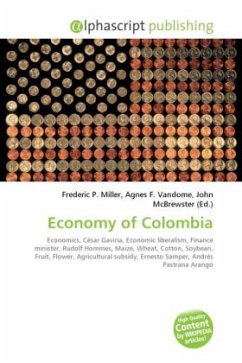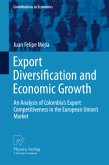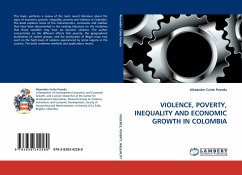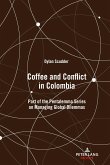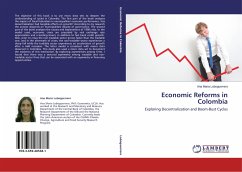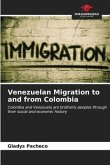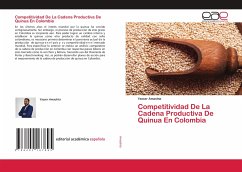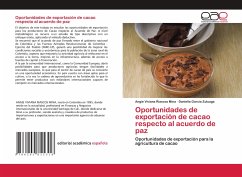Colombia is a free market economy with major commercial and investment ties to the United Nations. Transition from a highly regulated economy has been underway for more than a decade. In 1990, the administration of President César Gaviria Trujillo (1990-94) initiated economic liberalism policies or "apertura economica" and this has continued since then, with tariff reductions, financial deregulation, privatization of state-owned enterprises, and adoption of a more liberal foreign exchange rate. Almost all sectors became open to foreign investment although agricultural products remained protected. The original idea of his then Minister of Finance, Rudolf Hommes, was that the country should import agricultural products in which it was not competitive, like maize, wheat, cotton and soybeans and export the ones in which it had an advantage, like fruits and flowers. In ten years, the sector lost 7,000 km² to imports, represented mostly in heavily subsidized agricultural products from the United States, as a result of this policy, with a critical impact on employment in rural areas.
Bitte wählen Sie Ihr Anliegen aus.
Rechnungen
Retourenschein anfordern
Bestellstatus
Storno

